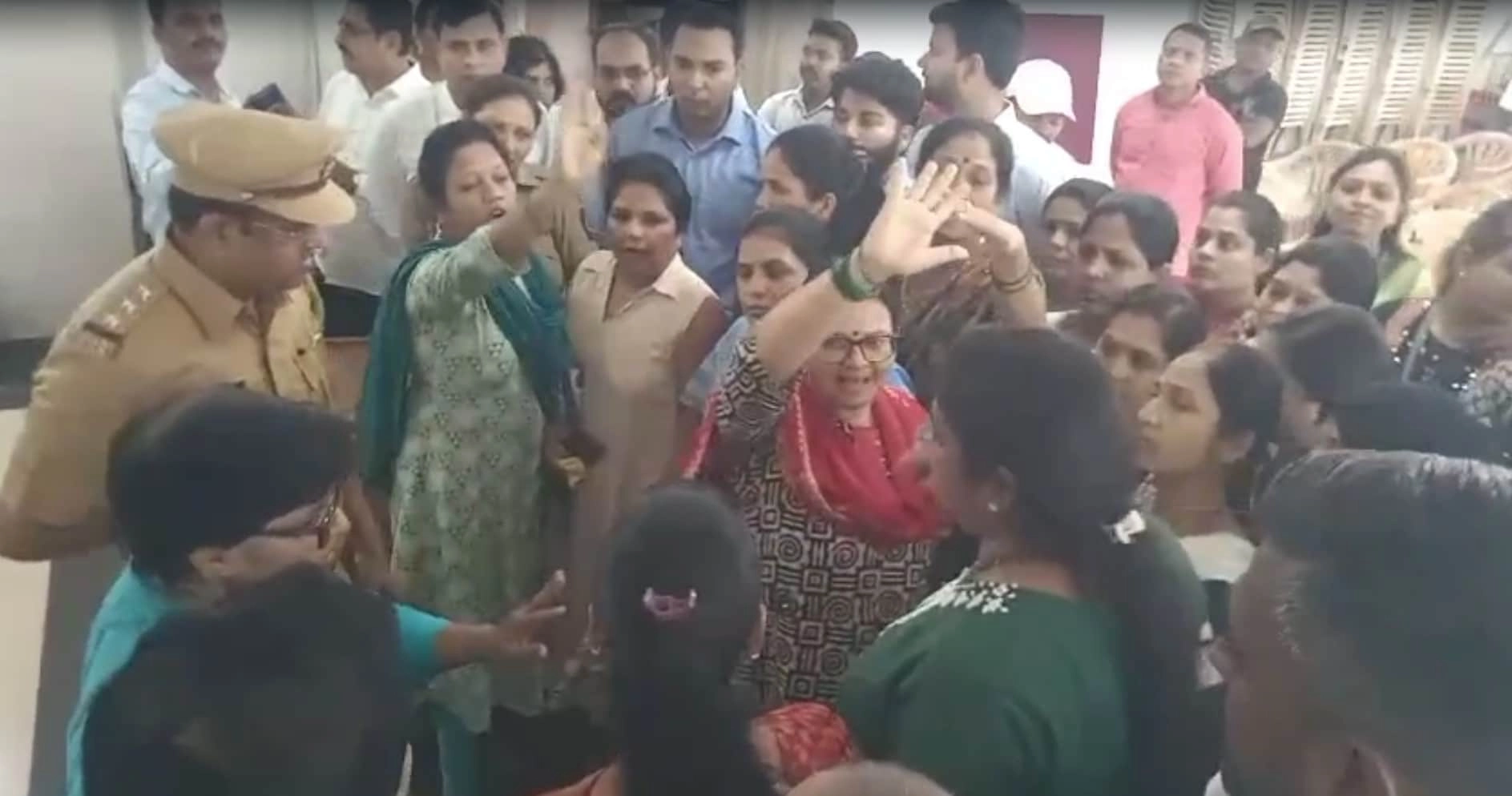Recently, Sharad Pawar made headlines with his assertion regarding the potential to secure 160 seats in the upcoming elections, a claim that follows a significant charge by Rahul Gandhi against the current political landscape. The backdrop of this political maneuvering is marked by a series of strategic discussions and alliances as various parties prepare for the electoral battle. Pawar, a seasoned politician and a key figure in Maharashtra’s political sphere, has often been known for his ability to navigate complex political scenarios. His claim suggests a level of optimism and confidence in the coalition’s strength and the potential to galvanize support across the state.
Rahul Gandhi’s recent statements have added fuel to the political discourse, as he has been vocal about the challenges posed by the present government and has called for a united front among opposition parties. His emphasis on collaboration among various factions reflects a broader strategy to consolidate opposition votes against the ruling party. Gandhi’s charge points to what he perceives as the government’s failures and the need for a robust response from the opposition. In this context, Pawar’s offer of 160 seats can be interpreted as a strategic move to rally support and create a formidable alliance that could challenge the incumbent party’s dominance.
The interplay between Pawar’s claims and Gandhi’s charges underscores the dynamic nature of Indian politics as parties maneuver for electoral advantage. As the elections approach, the significance of seat-sharing arrangements and coalition-building becomes increasingly critical. Pawar’s assertion of targeting 160 seats suggests not only an ambition to win but also a recognition of the need for a cohesive strategy among opposition parties to maximize their electoral prospects. The outcome of these political developments will likely shape the future landscape of Maharashtra and potentially influence national politics as well.
In conclusion, the interaction between Sharad Pawar’s ambitious seat claim and Rahul Gandhi’s strong critiques marks a pivotal moment in the pre-election narrative. With both leaders positioning themselves strategically, the coming months will reveal how these assertions translate into electoral strategies and whether they can effectively mobilize their respective bases. As the political climate heats up, the ability of these leaders to unite their factions and present a united front will be crucial in determining the electoral outcomes in the face of a formidable opponent. The stakes are high, and the political theater continues to unfold as parties gear up for what promises to be a fiercely contested election season.




